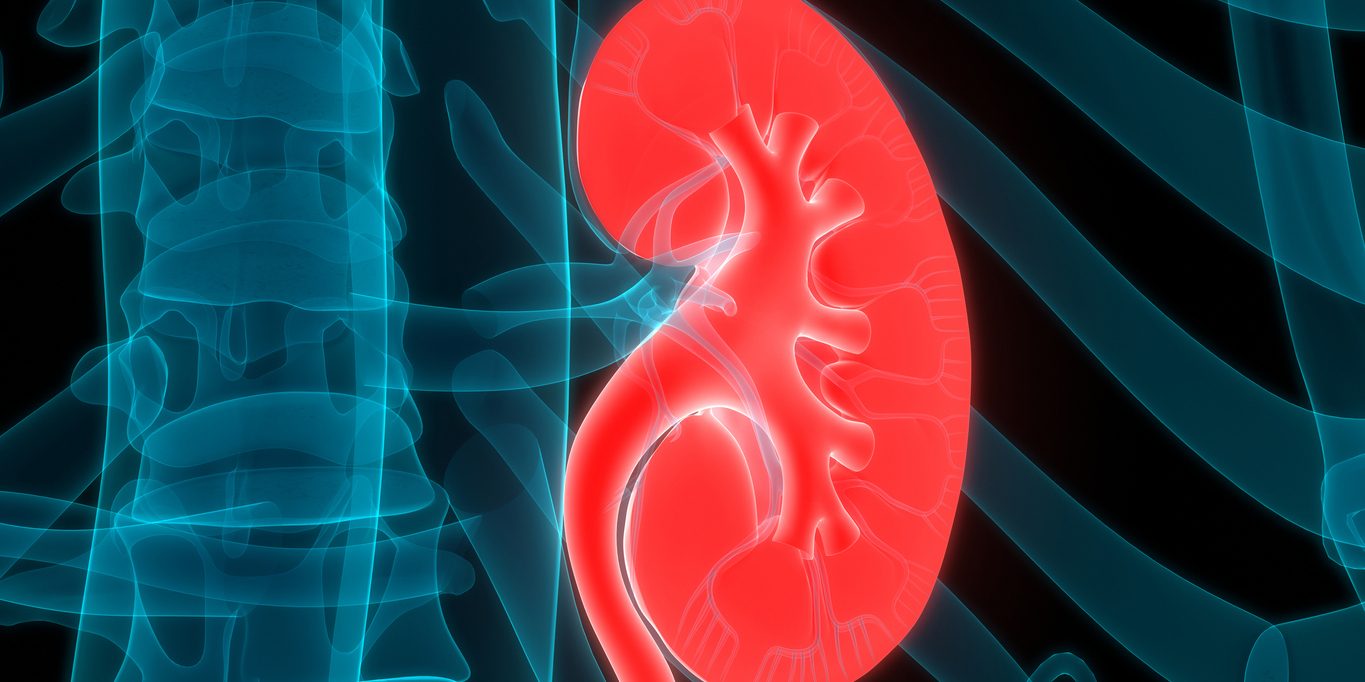
Big study answers treatment question for little known kidney condition
The largest ever randomised controlled trial of one of the commonest immune mediated diseases affecting the kidney, IgA nephropathy, has found that treatment with methylprednisolone - a cheap, widely used corticosteroid drug - halves the risk of losing kidney function and kidney failure, and that this can be effectively achieved with fewer side effects if a reduced dose is used.
Researchers say the results of the multi-country study, published today in the Journal of the American Medical Association (JAMA) will provide clinicians and patients with a clear treatment option with definite benefits outweighing well defined and mostly manageable risks.
IgA nephropathy, also known as Berger’s disease, is an auto-immune condition in which a type of antibody produced by the body to fight infection forms deposits in the kidney leading to inflammation and scarring, and progressing to cause kidney failure in many people. Despite its frequency, there are glaring gaps in the knowledge of how to treat this condition.
Joint Principal Investigator Professor Vlado Perkovic, who is Dean of Medicine and Scientia Professor at UNSW, Sydney, said that around 10-30 percent of people with the condition go on to develop kidney failure that requires dialysis or kidney transplantation to prevent death.
“There are few proven treatment options so many treatments including corticosteroids have been used in some patients for decades, despite uncertainty about their effectiveness, as well as the ideal dose. This has led to significant regional variability and clinical uncertainty about this treatment,” he said.
The Therapeutic Evaluation of Steroids in IgA Nephropathy Global (TESTING) study is a double-blinded, randomised, controlled trial involving 67 sites across six countries that assessed the effects of oral methylprednisolone, a widely available cheap drug, on major kidney outcomes, kidney failure and safety in patients with IgA nephropathy.
503 patients diagnosed with IgA nephropathy were recruited from centres across India, Australia, Canada, China (including Hong Kong), and Malaysia. These patients were randomised to receive with either methylprednisolone or a placebo for a total treatment period of 6-9 months. The study ran in two phases – the trial participants received a higher dose of methylprednisolone in the first phase. However an interim analysis of the data showed a higher frequency of side effects in this group after which the dose was reduced.
“We found that that treatment with methylprednisolone for six to nine months significantly reduced the risk of losing substantial kidney function, kidney failure requiring dialysis or transplantation, or death from kidney disease compared to placebo,” said Professor Perkovic.
“However, there was an increase in serious adverse events in those who received methylprednisolone, mainly seen in the full dose regimen with fewer in the reduced dose treatment group.”
“The results provide a treatment option for clinicians and patients, especially at the lower dose, given the net benefits versus the risk of side effects,” he added.
Professor Vivekanand Jha, Executive Director of The George Institute for Global Health, former President of the International Society of Nephrology and a member of the Trial Steering Committee said “This was the largest global study of IgA nephropathy with a major contribution from India and provides the strongest evidence yet for the benefit of any treatment for the prevention of kidney failure in people with IgA nephropathy.”
“A well-known side effect of steroid treatment is an increased risk of infections, but we found that this could be mitigated to a degree by using the lower dose and giving the patients antibiotics to prevent infections,” he added.
“We are now following these patients for another five years so we will have a total of around ten years follow up. By then, we hope to have the most comprehensive set of evidence ever collected to help guide the treatment of people with this type of kidney disease,” he concluded.



